ID: 5MX-LR7M
ID: 5MX-LR7M
Spanish Cedar
Cedrela odorata
Photo
Haiti
23:44 - 23°C
My connections
My ID card
Who am I?
Date of birth
04/24/2024
Name
Spanish Cedar
Tree
Spanish Cedar
Where am I located?
Country
Haiti
Place of birth
Commune d'Acul-du-Nord
Coordinates
19° 36′ 46.59″ N
72° 17′ 35.78″ W
/-72.29327279,19.6129424,0/500x333@2x?access_token=pk.eyJ1IjoidG9tbWFzb3NwZXJvbmkiLCJhIjoiY2tnOTE3eW12MDJqazMybXNzOWV1YjloOSJ9.wtGsuDU7XIKjcv2cq8CiXw&logo=false&attribution=false)
My Timeline
The important moments in your tree's life.
Seed
It all starts with a tiny seed, nice and warm in the soil.
Nursery
Your seedling is big enough to be welcomed into one of our nurseries, along with many others.
Planted
We’re here! Your tree has reached its new home: it’s been planted by a smallholder, who’ll take care of it for years to come.
Photo
Strike a pose! Now that it’s big enough, here’s a photo of your tree!
My Gallery
Nursery
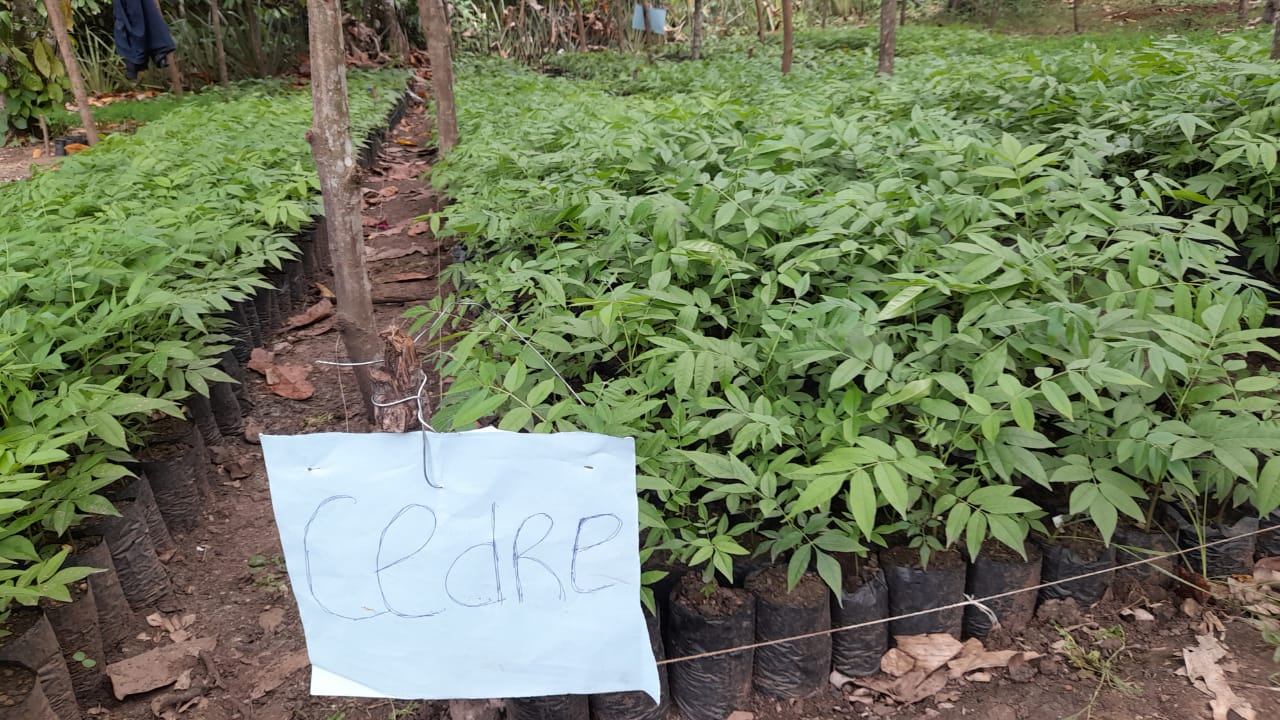
Planted
/-72.29327279,19.6129424,0/500x333@2x?access_token=pk.eyJ1IjoidG9tbWFzb3NwZXJvbmkiLCJhIjoiY2tnOTE3eW12MDJqazMybXNzOWV1YjloOSJ9.wtGsuDU7XIKjcv2cq8CiXw&logo=false&attribution=false)
72° 17′ 35.78″ W
Photo
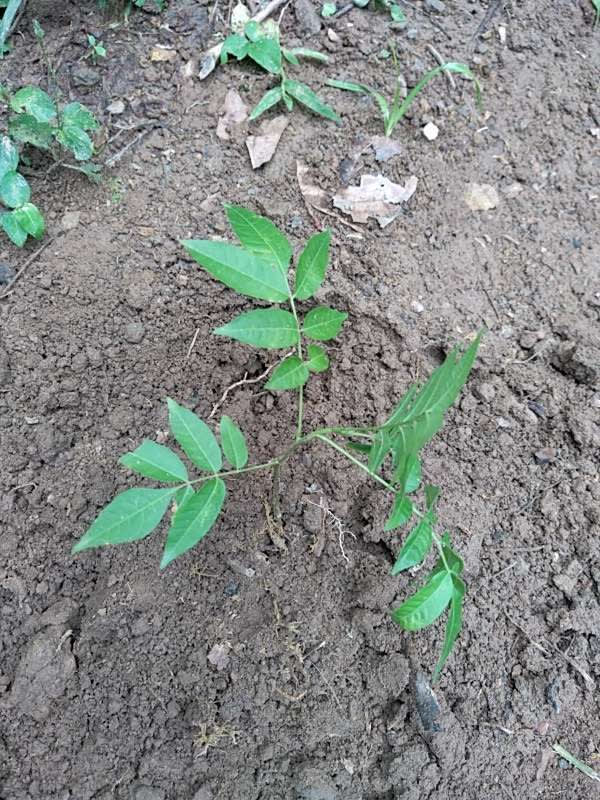
Curiosity about me
The important moments in your tree's life.
Let's start with introductions
The Spanish cedar is an important species of the Meliaceae family. It comes from Central America, is medium-sized, and is used for its insect-repelling resin as well as for honey production.
Meaning
Jealousy
The tree's resin repels just about anything that buzzes around it. If that's not what you call being jealous…

How much CO2 I’ll absorb
My estimated CO2 absorption capacity is based on the first 10 years of my life*
Current absorption
- 0 kg
2024
0 kg
2034
-500 kg
* The tree will continue to absorb CO2 even after the tenth year. Therefore this is a prudent estimate.
How I am useful to local communities
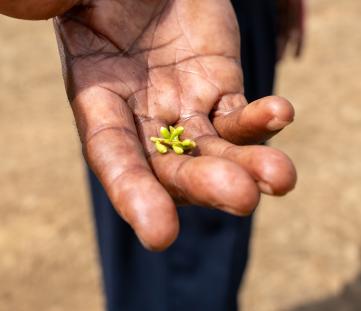
Medicine
Its leaves, roots, bark and/or fruits are used in traditional medicine.
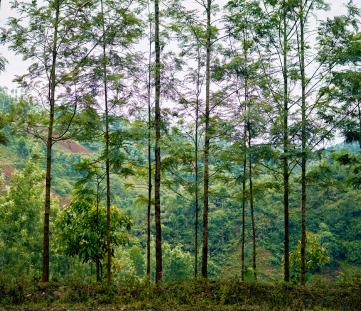
Fence
It provides protection for crops and shade for livestock.
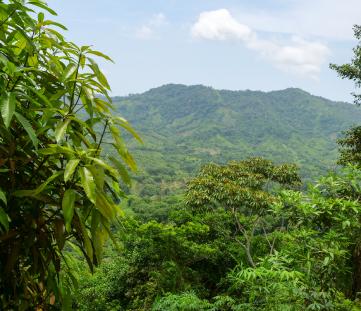
Anti-wind
It protects young plants from the wind and reduces water evaporation from the soil.
My benefits
0%
Food Security
The trees will bear fruits, some that will be edible immediately and others that can become edible through processing, ensuring food resources over time.
20%
Economic development
The trees' fruits and the products derived from their transformation can be traded in local networks, offering income opportunities.
60%
CO₂ Absorption
During its life cycle, each tree will absorb CO₂. The trees you plant can offset your emissions.
90%
Environmental protection
The trees are planted in agroforestry systems that favor the virtuous interaction between the different species and their positive impact on the environment and on the land.